My big writing news!5/22/2024 Here is the big news that I've been sitting on for a while!
I have accepted a 3-book deal from Tule Publishing for my medical romance series: Yukon Valley Hospital!!!!! OMG! I don’t have enough exclamation marks to express how happy I am!!! What I just wrote through ...7/21/2023 Never since my first book was published in 2013 have I ever missed a publisher's deadline.
Despite things like: solo call coverage of an entire practice for years, leading a rural hospital during the biggest wave of the COVID pandemic in 2020-2021, giving writing talks, travel, moving a few times, book signings, drafting more books -- I still somehow managed to meet all of the hard deadlines and stayed calm doing it. From 2013 through the present. Until this month. Medical romance novel update!4/5/2023 Update: Finally have my head above water in the writing world, enough to write a quick blog post. Hi >waves at everyone<, hope all is well. I haven’t chatted a ton lately. Actually, if you get my newsletter, you’re getting more frequent updates and news. I just finished a top secret medical romance manuscript. You all will be the first to know if anything comes of it in the publishing world, but it’s what you’ve come to expect in terms of pulse-pounding (yes, with a pulse requiring epi and a defibrillator) as well as hot and steamy scenes. The logline of this book is “Gray’s Anatomy meets Northern Exposure” or “General Hospital meets Life Below Zero.” (take your pick) I can’t wait to show it to you! (photo credit: BLM Winter Bucket List #11: White Mountains National Recreation Area, Alaska, for Trails Surrounded by Rugged Beauty and Northern Lightshow" by mypubliclands is licensed under CC BY 2.0.)
It's not often I talk about one of my avocations: trail running.
Now, before you think that it's glamorous or that I'm like those models in Runners World, trim and womanly yet exuding gentle strength, while decked out in sleek tech gear and bounding down the trail like a graceful gazelle...that's nothing like my reality. Imagine if you will a deranged oompah loompah who appears to be on the verge of a coronary, careening off rocks and roots all while muttering profanities. What I do in the woods can barely be defined as athletic -- much less photogenic. Have I mentioned that my ability to sweat buckets would put a Serengeti water buffalo to shame? It's impressive. As are my cankles. Hey, there's nothing wrong with sturdy legs. (Note to self: never wear skirts and heels.) Every so often, in between barking my toe on a rock, then using the word f$%k like a verbal paintbrush and the world around me is a Jackson Pollock blank mural, I get kind of philosophical. And then I trip again. There’s something about airports that gets me in the writing mood. It’s probably because any time I’m in the airport, by default it means that I’m not on call/working at the Day Job. (Okay, that’s kind of a fib. I totally just logged off the EMR where I was putting out a few fires right before this plane boards. Anyway.)
There’s a saying in medicine: “You want care that is Good, Fast, and Cheap? Just know that you can’t have all three – you have to pick two.” Yes, there might be some public health folks who disagree, but just go with me on this one, because in broad brushstrokes, it’s true. You know what else is true? I can’t have Medicine, Manuscripts, and Mayhem all at the same time. I have to pick two to focus on at any given time. As writers, we’re always picking two out of the three things. Or sometimes we’re choosing two out of four or more aspects of our lives for our focs! We’re making that seesaw balance, back and forth, all the time. A few weeks back, I was reading a chick-lit sweet Amish story* with lots of police procedural elements. Totally got immersed in the world and believed every detail that author dished out. Why? Because I had zero clue otherwise. My life is the exact polar opposite of “police procedural”. And legal stuff? I can’t tell the difference between “so moved” and “sustained”. Lordie help me if someone wants me to define a tort. (If I’m not mistaken, that’s a lovely lemony treat, right?)
Then in that same novel, something medical happened where stuff like guts or blood or bones or some anatomically gross thing happened. Of course, I’m eating all of that description up like…well, like a yummy torte…because of my Day Job. (I kind of dig blood ‘n’ guts.) But then it happened. The author tripped and fell down. Like, total swing and a miss. This awesome, immersive experience grabbed me by the scruff of the neck and hurled me out of book. Kind of like when in one of the Star Trek episodes they get thrown out of warp and how jarring that was with space-time and atoms splitting and stuff? Like that. Day Job vs. Night Job6/24/2016 It’s getting super close to vacation. How do I know? Because I’m this close to losing my mind due to crazy Day Job. That’s typically the indicator light, warning me that it’s time to get away for a while. Sure enough, Day Job stupidity is about to make me lose my mind. Image by Kenji Yamamoto on flickr.
The grass is always greener elsewhere, you say? Of course it is. But that’s not the point of today’s blog. The purpose of today’s blog is as an indulgent compare and contrast time for Day Job (medicine) vs. Night Job (writing). Let us commence the therapeutic hyperbole, for I have 20 more patients to see on Monday and then I am On Vacation. (Why Monday and not Friday before? Well. Yeah. I never claimed to be a genius.) Day Job = Miracle of life (baby) Night Job = Miracle of life (book baby) Day Job = People with very narrow job descriptions and smidgen of power who make doing our job difficult or impossible. Many decisions take place in dark, smoke-filled rooms, behind the scenes. Night Job = Ok, yeah. This happens everywhere. Just got back from a medical conference in Florida (had to stare at the beach while in meetings all day >sigh<), and I couldn't help it -- my head started to compare this conference to romance writers conferences. Granted this was a conference targeted toward a mix of all specialties and some of the topics trended toward second career/post-retirement/transitional work. So, it's a skewed age group maybe, but there you go.
Demographics: Romance conference = full age spread (20-80) and 90% female (scents of nice perfume) Medical conference = age spread 40 up to 75 and 70% male (scents of old spice and ben gay) Keynote speaker: Medical conference = acronyms for research studies promoting treatments that reduce morbidity Romance conference = acronyms for "parts that go into parts" (m to v, v to p, etc.) promoting heaving bosoms and rapid breathing Oh my, doesn't that title sound all romance-y and idealistic? Does it conjure up images of a perfectly groomed office and a woman in a fur-lined robe, madly typing away all day long, no cares in the world, eating boxes of perfectly packaged gourmet bon-bons whilst classical music wafts in an inspirational manner in the background?
So, here's the real day in the life of a procrastinating wannabe romance novelist. Woke up to a cat grooming my head. Do you know what that weird kitty tongue does to hair? It pulls each individual strand, one at a time. Dammit, it's Saturday and I'm up before 7. Kitty leads me to the fresh puke on the floor. Stares at me with a glint in her eye and then returns to bed where she promptly falls asleep. I am, unfortunately, wide awake. Snores from hubby emanate from the bedroom. Fabulous. Time for breakfast. Yippee, Saturday. Sure, I'm on call, but there'll be plenty of time to get lots of writing done, right? 2 hours of my life, gone. Apparently the internet has taken me from Twitter to cute puppies to ASPCA videos to pitiful animals to news articles about animal cruelty. I'm mad about the pitiful animals, but haven't accomplished much more than wanting to get another pound kitty. All right, after I check the Twitter feed, I'll be ready to write. So I got my edits back for Hell to Pay. Huzzah!
So I'm at a conference about physician leadership and the business of medicine. Huzzah! Uh oh. No huzzah…. See, these two activities will not coexist in my head without something crossing over to the dark side to relieve pressure before the entire cranium explodes. I cannot sit through Death By Powerpoint without editing the stinkin' slides in my head. Or continuing to develop better ways to "spruce up" the presentation language. For example, "Physician engagement in management decisions" really should be "Driving a stake deep into the heart of the evil overload of administration…." And "payment incentives based on outcomes data" should really be "in a macabre effort to flay the humanity from every physician, the diabolical management machine has created unattainable quests, knowing that the physician will perish of thirst before crossing the ever-enlarging desert of reimbursement". (enter maniacal laughing and a "buwahaha" and you have what goes on in my head all day long) |
Jillian DavidAuthor, daydreamer, and practitioner of trying very hard to duct tape folks together and help when I can. Archives
May 2024
March 2024
October 2023
July 2023
June 2023
April 2023
December 2022
September 2022
August 2022
June 2022
May 2022
February 2022
January 2021
November 2020
August 2020
July 2020
May 2020
January 2020
November 2019
September 2019
August 2019
July 2019
March 2019
November 2018
October 2018
September 2018
July 2018
June 2018
May 2018
April 2018
March 2018
January 2018
December 2017
November 2017
October 2017
September 2017
August 2017
July 2017
May 2017
April 2017
March 2017
February 2017
January 2017
December 2016
November 2016
October 2016
September 2016
August 2016
July 2016
June 2016
May 2016
April 2016
March 2016
February 2016
January 2016
December 2015
November 2015
October 2015
September 2015
August 2015
July 2015
June 2015
May 2015
April 2015
March 2015
February 2015
January 2015
December 2014
November 2014
October 2014
September 2014
August 2014
July 2014
June 2014
Categories
All
Adventures With Hubby
Airports
Author Interviews
Cats
Fastdrafting
Funny Medicine
Hell's Valley Series
Hell To Pay Series
Medicine
Potpourri
Star Trek
Top 10 Lists
Writing
Writing Vs Medicine
Yukon Valley Hospital
|
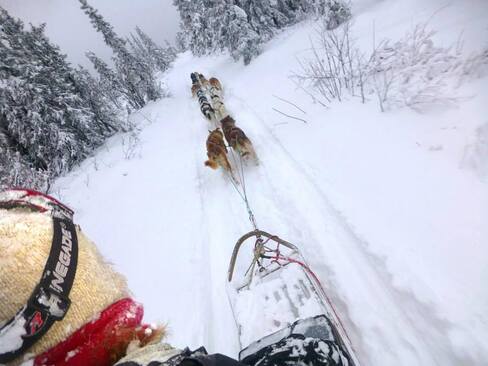


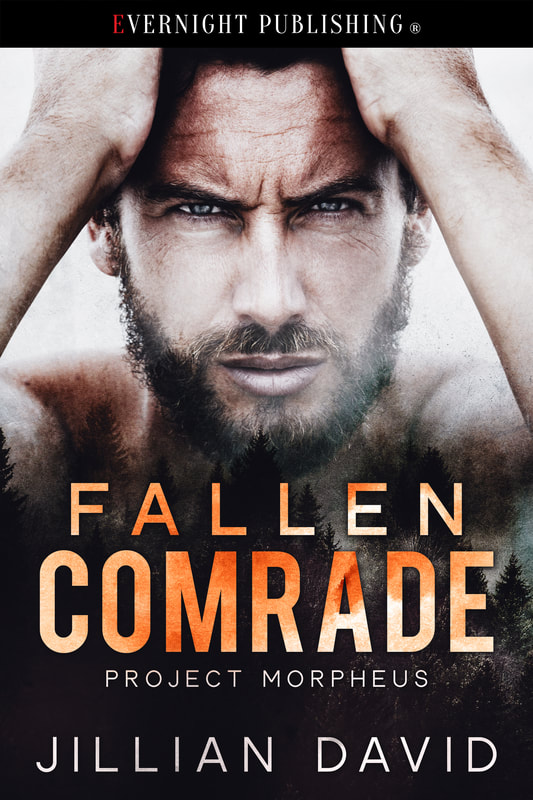
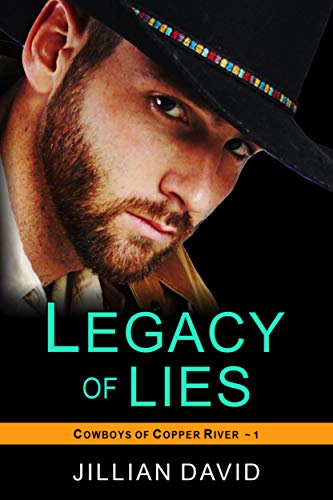
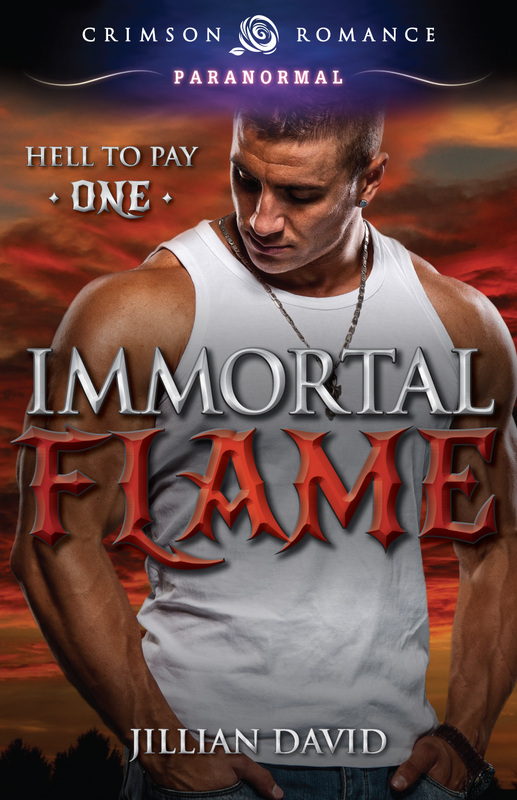






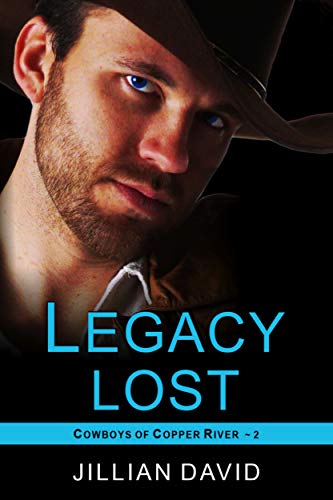
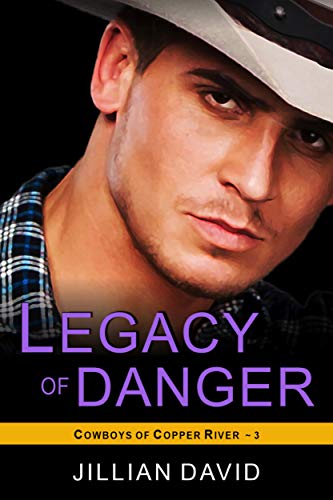
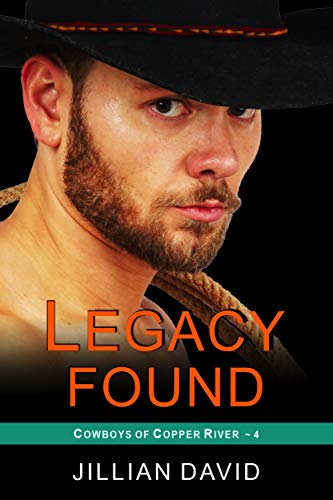
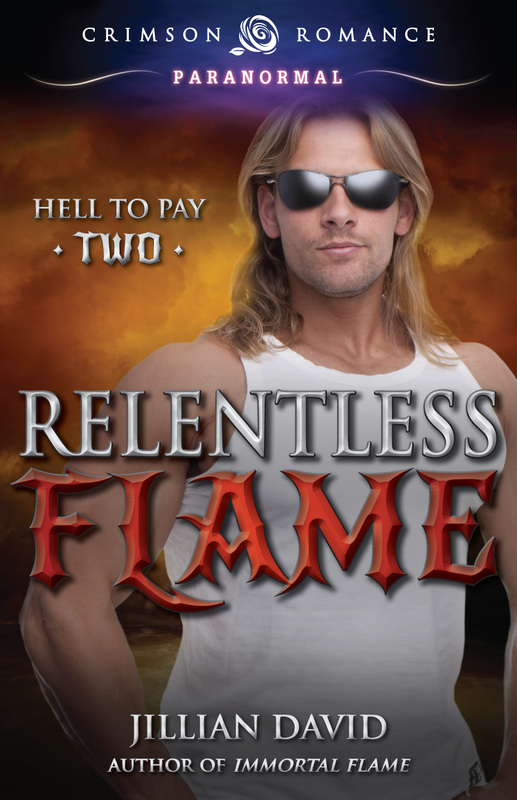
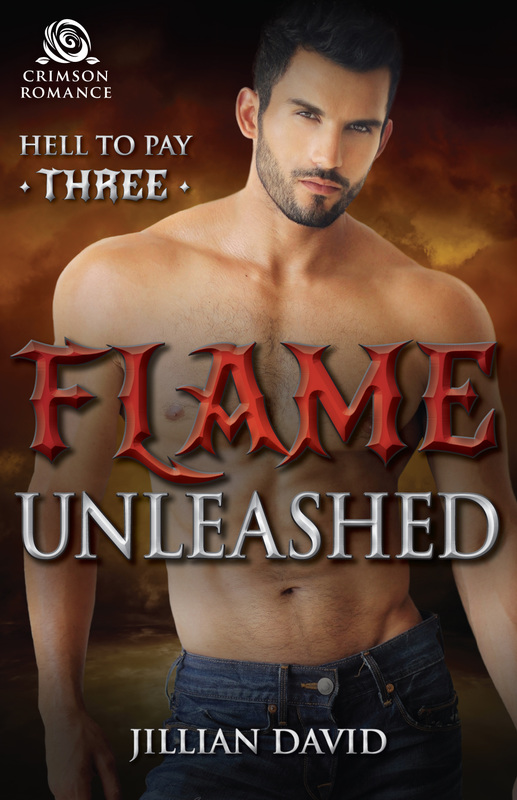
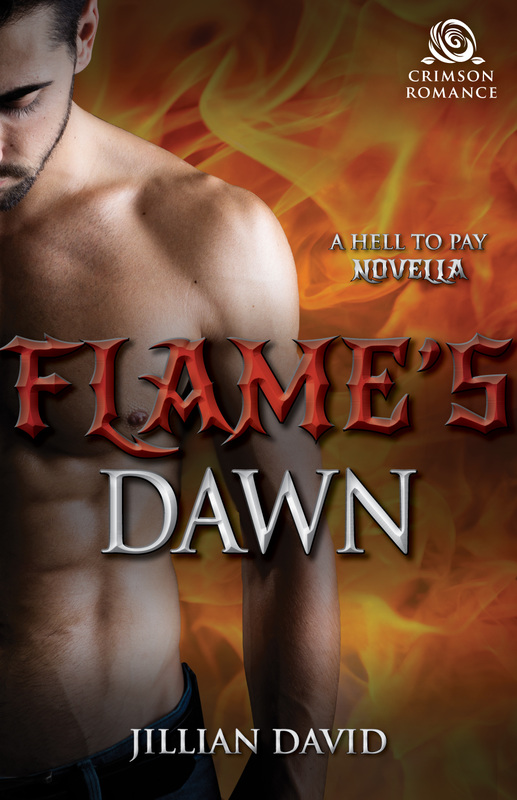
 RSS Feed
RSS Feed